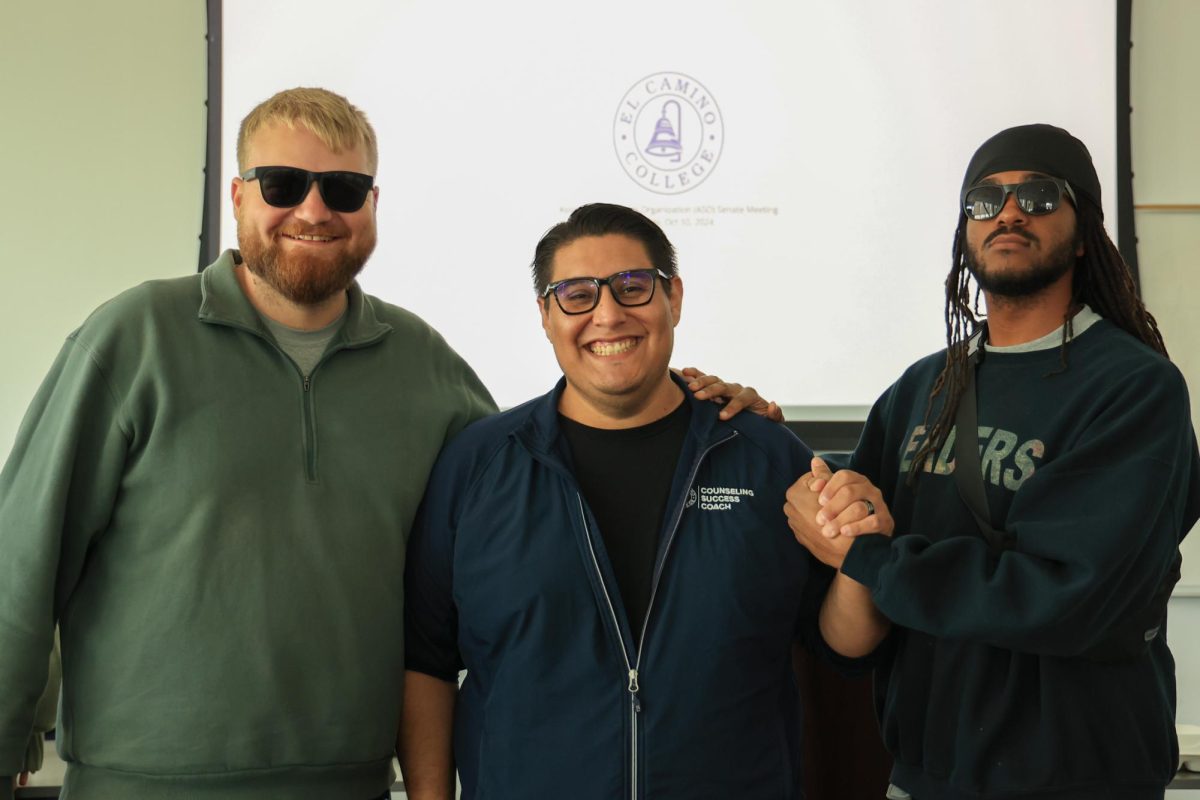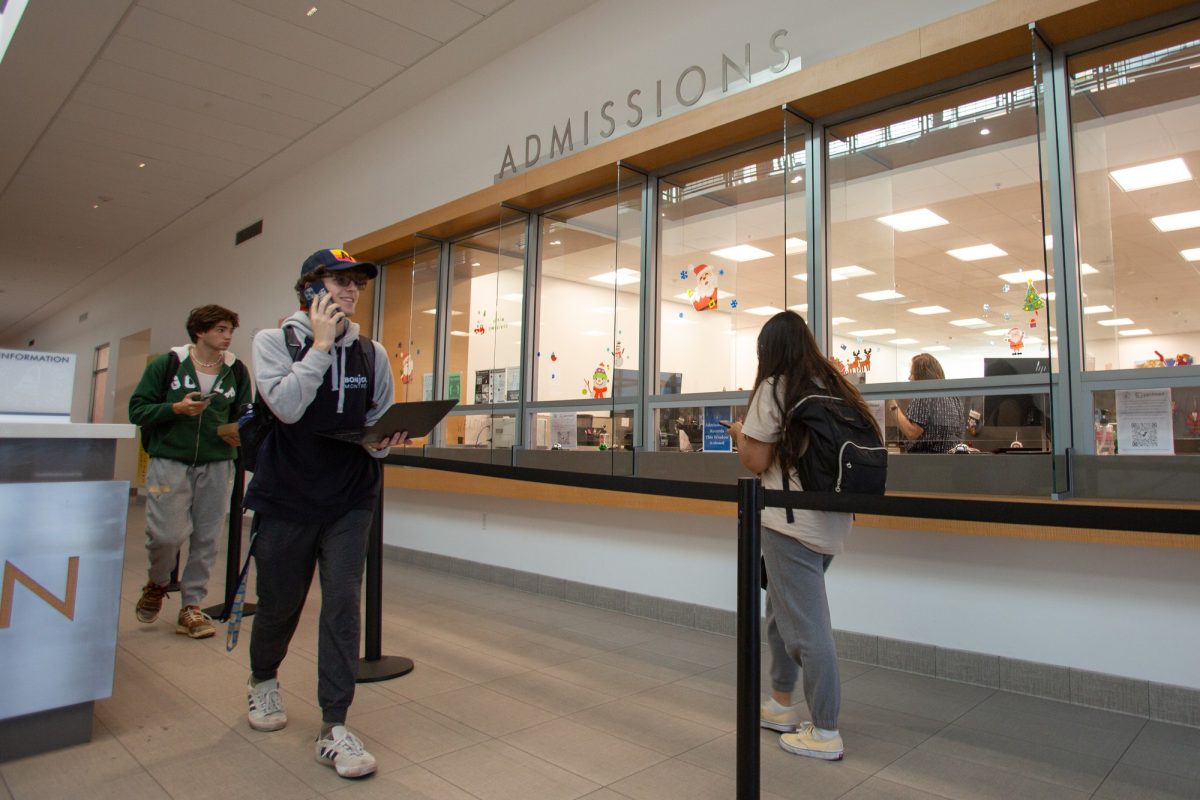With nearly one out of every 10 Californians being unemployed, finding a successful career could be a daunting task for students. The college offers training and classes for many of today’s fastest growing industries as a low cost alternative to private colleges.
A prime example of such low cost training is the Career Advancement Academy (CAA), which was established as part of a statewide initiative to provide students with practical skills directly related to high-demand careers.
“President Obama has made a big push to bring back manufacturing to the United States,” Naomi Tokuda, CAA coordinator, said.
The CAA is a one-year program for students in the fields of welding, machine tool technology and electrical utilities technology. It culminates in job fairs attended by local industry leaders like Boeing and Northrup Grumman.
“We’ve had employers tell us they’ve been to job fairs with hundreds and hundreds of students who didn’t have any of the necessary skills, and while our fairs are small by comparison, with only 30 to 40 students, they find it refreshing because every student knows what they’re talking about,” Tokuda said.
The starting pay for an entry-level machinist “can be anything from ten dollars to twenty dollars per hour” and entry-level welding “can be from twelve dollars to fifteen dollars per hour,” Tokuda said.
“More specialized welding can earn eighteen dollars to twenty dollars per hour even while students are still learning,” Tokuda added.
“There’s a major skills gap that’s causing these fields to grow,” Tokuda said. “There’s just some things we can’t do overseas, like national security and quality control.”
Schools like ITT Technical Institute, Everest College and DeVry University do offer similar courses for those fields but “if you go to a private, for-profit school, it can be very expensive,” Tokuda said.
Even at the Southern California Regional Occupational Center (SoCal ROC), a welding class can cost as much as $1,000, Victoria Westerskov, SoCal ROC coordinator of job services, said.
“Public schools are always cheaper,” Westerskov said. “Private schools have to make a profit, they have stockholders and it’s a business, so they have to do what is best for the business,” Westerskov added.
While the CAA focuses on those three fields, EC also offers other classes in high demand fields.
According to the Bureau of Labor Statistics, by 2020 the demand for registered nurses will increase by 26 percent, alongside massive demand for home health aides, personal care aides, and physical and occupational therapy aides.
Meanwhile, demand for translators and interpreters is projected to increase by 42 percent over the next 10 years, and workers in both fields currently make a median annual wage of $43,000, according to the Bureau of Labor Statistics.
Courses for both interpreter and nursing majors are offered for $46 per unit for California residents, according to the college website.








